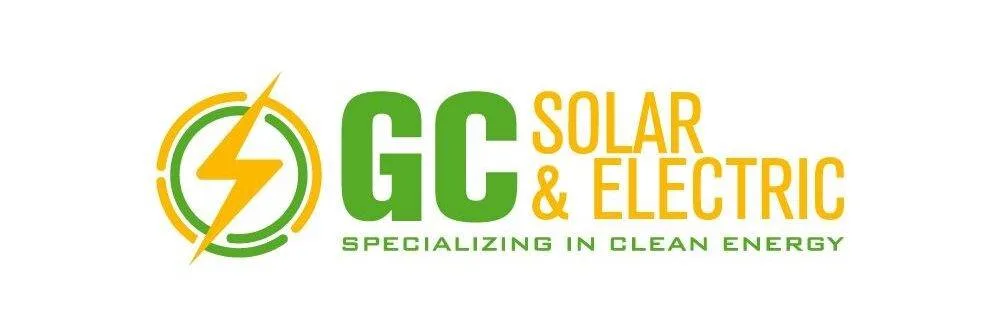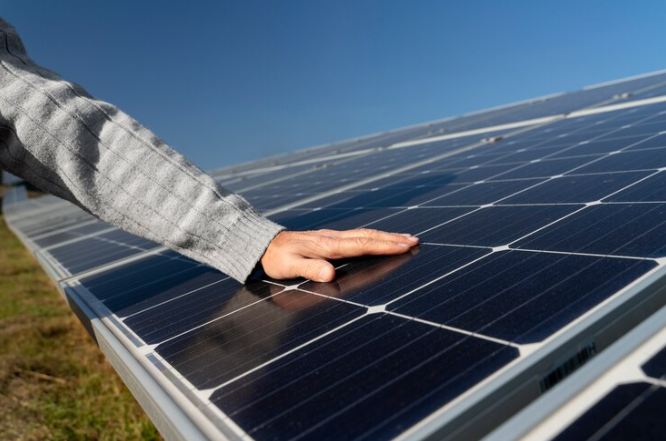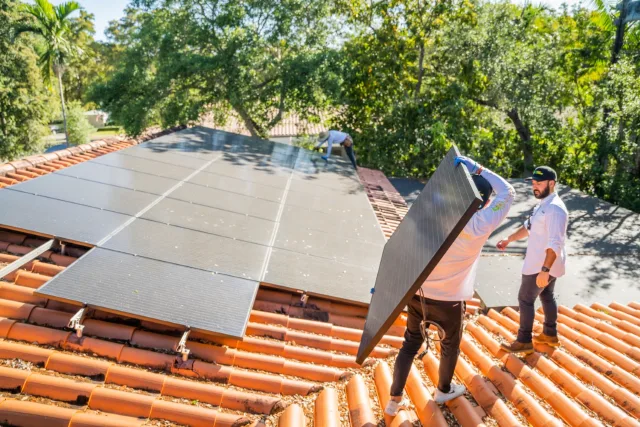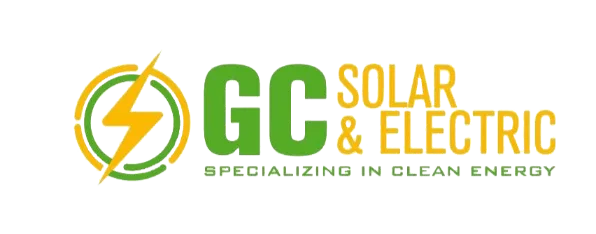Importance of Residential Electrical Repairs: Safe and Efficient
Ensuring the safety and efficiency of your home’s electrical system is crucial. Regular residential electrical repairs play a significant role in preventing potential hazards and maintaining optimal performance. In this article, we’ll discuss the importance of regular electrical repairs, provide tips on hiring a professional electrician, and highlight GC Solar & Electric, a trusted provider of electrical services in Miami.

Why Regular Residential Electrical Repairs Are Important?
Safety First: One of the primary reasons to prioritize residential electrical repairs is safety. Faulty wiring, outdated electrical systems, and neglected repairs can lead to serious hazards such as electrical fires, shocks, and short circuits. Regular maintenance and timely repairs can prevent these dangerous situations, ensuring your home and family are safe.
Improved Efficiency: A well-maintained electrical system operates more efficiently, reducing energy consumption and lowering your utility bills. Regular repairs can help identify and fix issues like faulty connections, overloaded circuits, and outdated wiring, all of which can affect the overall efficiency of your home’s electrical system.
Prolonged Lifespan of Appliances: Regular electrical maintenance and repairs can extend the lifespan of your appliances and devices. Ensuring that your electrical system is in good working condition prevents damage to appliances caused by power surges, faulty wiring, or poor connections.
Compliance with Codes and Standards: Electrical codes and standards are put in place to ensure the safety and functionality of electrical systems. Regular residential electrical repairs ensure that your home complies with these codes, which is particularly important if you plan to sell your home or undertake major renovations.
Peace of Mind: Knowing that your home’s electrical system is safe and efficient provides peace of mind. Regular maintenance and repairs by a professional electrician can help you avoid unexpected electrical issues and costly emergency repairs.
Tips for Hiring a Professional Electrician
Verify Credentials: Ensure that the electrician you hire is licensed and insured. This provides assurance that they have the necessary training and qualifications to perform electrical work safely and effectively.
Check Experience: Look for an electrician with extensive experience in residential electrical repairs. Experienced professionals are more likely to diagnose and fix issues accurately and efficiently.
Get Recommendations: Ask for recommendations from friends, family, or neighbors. Positive word-of-mouth referrals are a good indicator of a reliable and trustworthy electrician.
Read Reviews: Check online reviews and ratings for electricians in your area. Reviews can provide insights into the quality of work and customer service provided by the electrician.
Request Estimates: Obtain estimates from multiple electricians before making a decision. This allows you to compare prices and services, ensuring you get the best value for your money.
Highlighting GC Solar & Electric
GC Solar & Electric is a trusted provider of residential electrical repairs in Miami. They offer:
Professional Expertise: Their team of licensed and experienced electricians can handle a wide range of electrical issues, ensuring your home is safe and efficient.
Quality Service: GC Solar & Electric is committed to providing high-quality electrical work for homes in Miami, from routine maintenance to complex repairs.
Customer Satisfaction: With a focus on customer satisfaction, they ensure that every job is completed to the highest standards.
Regular residential electrical repairs are essential for maintaining a safe and efficient home. By prioritizing electrical maintenance and hiring a professional electrician like those at GC Solar & Electric, you can ensure your home’s electrical system is in top condition. Whether you need routine maintenance or complex repairs, GC Solar & Electric is here to help with all your electrical needs in Miami.
FAQs
1. Why are regular residential electrical repairs important?
Regular electrical repairs are crucial for safety, efficiency, and extending the lifespan of your appliances. They help prevent hazards such as electrical fires and ensure your home complies with electrical codes.
2. How can regular electrical repairs improve efficiency?
By identifying and fixing issues like faulty connections and outdated wiring, regular repairs improve the efficiency of your electrical system, reducing energy consumption and lowering utility bills.
3. What should I look for when hiring a professional electrician?
Verify credentials, check experience, get recommendations, read reviews, and request estimates to ensure you hire a qualified and reliable electrician.
4. Why should I choose GC Solar & Electric for residential electrical repairs?
GC Solar & Electric offers professional expertise, quality service, and a commitment to customer satisfaction, making them a trusted choice for electrical work in Miami.
5. How often should I have my home’s electrical system checked?
It’s recommended to have your electrical system inspected and maintained annually or whenever you notice signs of electrical issues, such as flickering lights or frequent circuit breaker trips.














